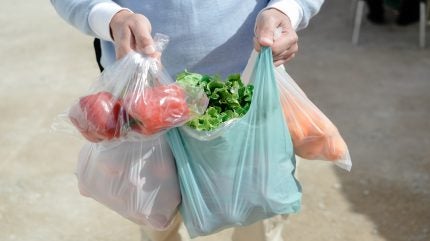
The Canada Plastics Pact (CPP), in collaboration with the National Zero Waste Council, has introduced a new guidance document aimed at eliminating unnecessary and problematic plastics.
The guidance lists 13 items identified as unnecessary or problematic, with an additional four items noted as in transition while industries work towards scalable solutions.
The list of unnecessary and problematic plastics includes checkout bags, straws, cutlery, oxodegradables, and materials containing intentionally added per- and polyfluoroalkyl substances.
The CPP categorises unnecessary plastics as those that can be removed without affecting supply or operational efficiencies while problematic plastics are those that are not currently recyclable and are unlikely to be part of a sustainable and efficient system for recycling, reuse, or refilling in the foreseeable future.
Developed by a diverse group of CPP partners, the document is intended for all Canadian stakeholders involved in the plastics market.
The document offers a framework for determining the necessity of plastic packaging and encourages circular design principles.
The guide emphasises the importance of circular design and upstream innovation, advocating for the removal of unnecessary packaging or reuse wherever necessary.
It also focuses on designing packaging for long-term use over disposability.
This publication meets CPP’s commitment to its Target 1, which involves identifying unnecessary and problematic packaging and implementing measures to eliminate them.
CPP managing director Cher Mereweather said: “Research has shown that single-use items are the most common items found in cleanup efforts in Canada and worldwide.
“Our latest CPP data reveals that an estimated 978,000t of plastic packaging waste was produced in 2022 through residential recycling systems and waste management initiatives, with only 20% of it being recycled. It’s clear that the first step we need to take is to eliminate the plastics we don’t need.”
In February 2024, the CPP released a five-year action plan to promote the circular economy of flexible plastic packaging across Canada.



